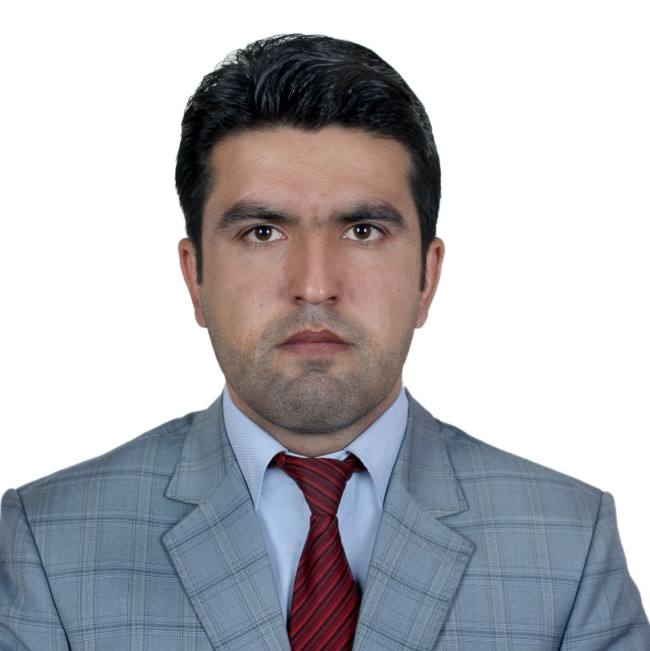Mohammad Afzal Zarghoni
Biography Narrative
Mohammad has worked at the Afghanistan Centre at Kabul University (ACKU), the Afghanistan Research and Elevation Unit (AREU), the Infra North Programme of GIZ, the Social and Educational Services Organization (SESO), Integrity Watch Afghanistan (IWA), Community World Service Asia (CWSA), the Afghanistan High Peace Council, the Sanayee Development Organization (SDO) and the American University of Afghanistan (AUAF). He has gained broad experience with project management, research and information science as well as with many deradicalization projects. He believes in non-violent resistance to achieve justice and civil rights through dialogue. He also has his own website which he is developing as a platform for the exchange of ideas among Afghanistan’s youth. WIth his work, he has travelled to 28 provinces of Afghanistan and attended many national and international conferences.

